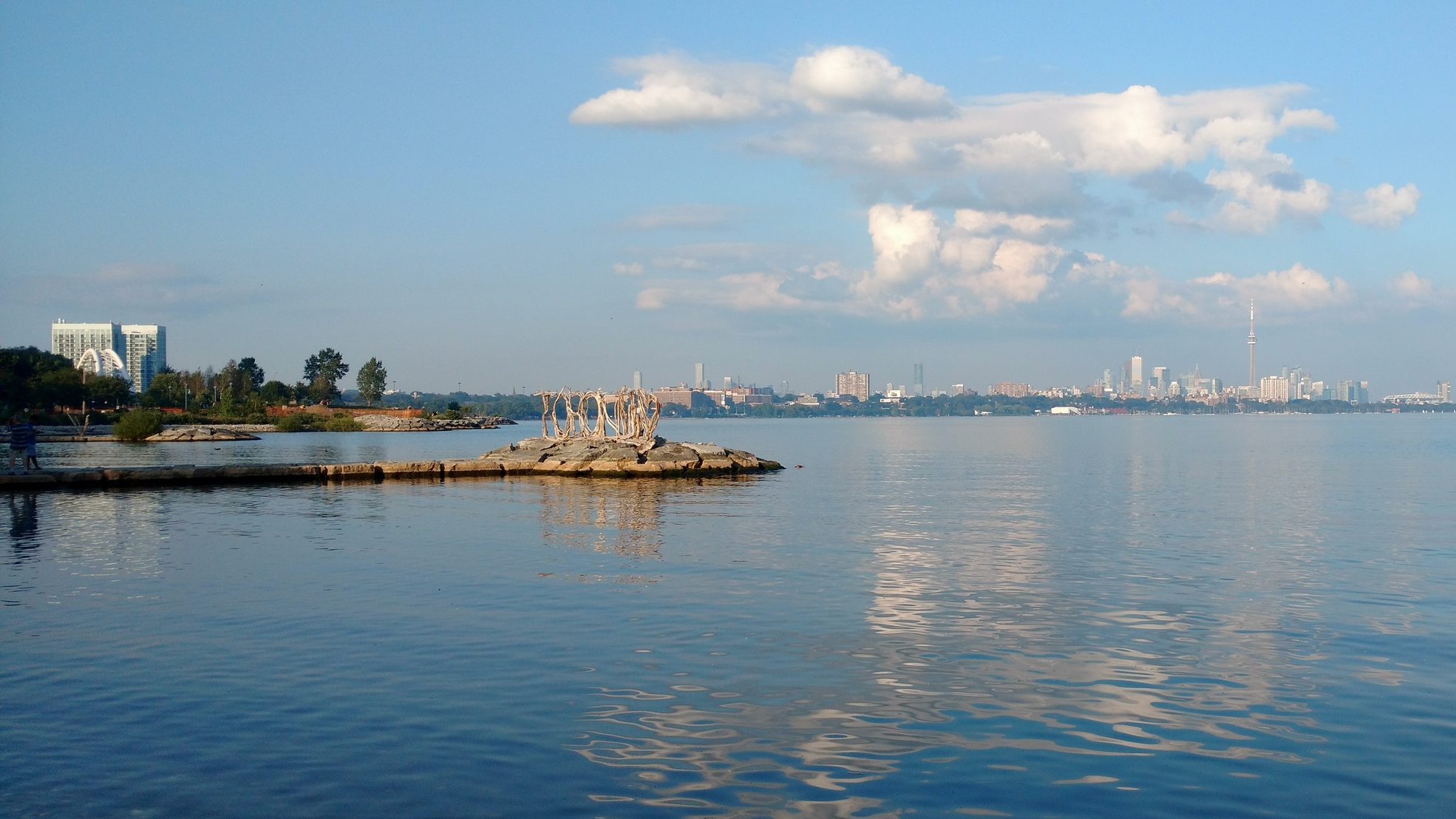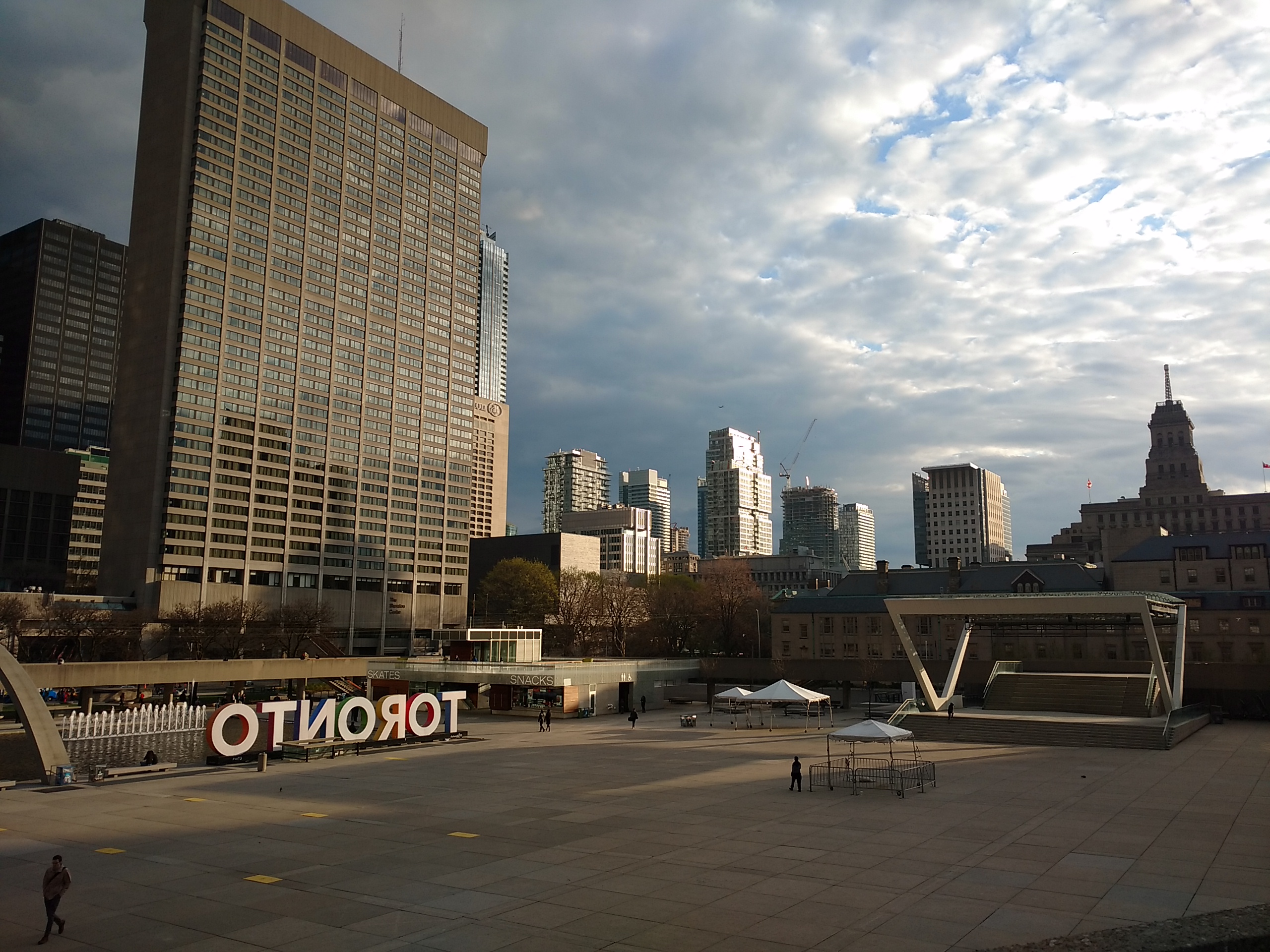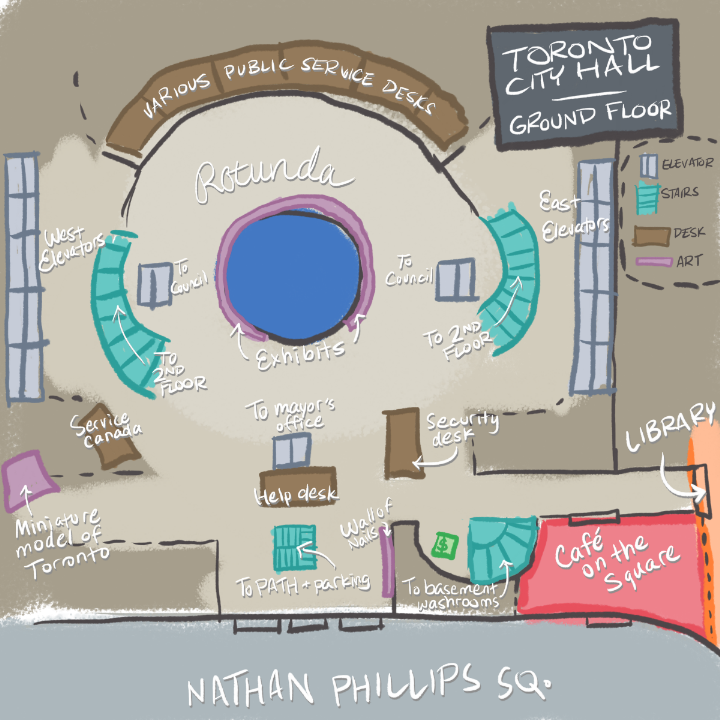Blessed shall you be in the city, and blessed shall you be in the field. (Deuteronomy 28:3)
It is curious that God’s revelation tells us that the fullness of humanity and of history is realized in a city. We need to look at our cities with a contemplative gaze, a gaze of faith which sees God dwelling in their homes, in their streets and squares…In cities, as opposed to the countryside, the religious dimension of life is expressed by different lifestyles, daily rhythms linked to places and people. In their daily lives people must often struggle for survival and this struggle contains within it a profound understanding of life which often includes a deep religious sense.
…On the one hand, there are people who have the means needed to develop their personal and family lives, but there are also many “non-citizens”, “half citizens” and “urban remnants”. Cities create a sort of permanent ambivalence because, while they offer their residents countless possibilities, they also present many people with any number of obstacles to the full development of their lives. This contrast causes painful suffering. (Evangelii Gaudium, paras. 71-75)
If there is any meaning we can take away from the big Budget Committee meeting falling smack dab in the middle of Hanukkah this year, it’s that, after a certain point, doing more with less requires a genuine miracle. As we Torontonians have been reminded, there is simply not enough money to go around. We must choose what to keep and what to cut. Partly this is an exercise for pencil-pushers and infographic designers. But it is also a call to us to articulate a broad, long-term vision of what a city should be and of city-dwellers’ obligations to each other.
Over the past few years of following the budget process, I’ve watched two divergent visions struggle for supremacy. At heart each embodies a different value: Charity vs. Justice. For me it is difficult to disentangle these words from their religious roots — and I think it’s unwise to do so, because the lens of religion permits us to see the true relationship between them. Which I’ll get to. But now: budgeting!
There are some whose goal is to cut spending and shrink government. This is a short-term sort of plan that favours paying off loans instead of making investments, and demands flatlined budgets, which are essentially cuts. For a city department to achieve 0% increases when prices gradually inflate requires putting off projects and new hires, lowering service standards, raising user fees, and falling behind on the least urgent matters, in the hopes that there will be an influx of purified oil cash before the crisis point. Unless there is a change of administration, the cash is never coming, and the system exists in a long drawn-out state of crisis: overcrowded, aging transit; a lengthening waitlist for increasingly dilapidated affordable housing; parents struggling to find daycare.
As government shrinks, it effectively “downloads” social services to non-profit enterprises (churches, charities, food banks) and individuals (couchsurfing because you can’t afford rent, getting a neighbour or relative to watch the kids, asking friends or family for money and personal favours). Rather than being supported through taxes, these “services” are reliant upon grants and fundraising. This is Charity — a fundamentally individualistic, precarious, pity-based model where the privileged benefactor donates to a deserving recipient (whether a person or an organization) out of the goodness of their heart.
In opposition stands a vision of growth and abundance. This is advocated by those councillors who often argue that in one of the richest countries in the world, no one should have to go hungry or homeless. Instead of relying on “means tests” to efficiently portion out access to city services — school breakfasts, recreation programs, childcare — to the most needy, we could work towards a system where these are accessible to everyone. The City is uniquely positioned to take on big goals like these, having excellent financial standing (which makes it cheap to borrow money) and a large tax base.
This approach necessitates selling people on the long-term benefits of investing in social programs and infrastructure rather than short-term savings (“you’ll save $60 a year”). Long-term savings are less tangible, but much greater: the value of an education at a library or in a rec centre; the damage that doesn’t happen when our water infrastructure can cope with floods; people being able to go to work or school because they have daycare taken care of; the shelters we don’t have to open because more people have adequate housing.
The first step is recognizing that widespread inequality is injustice — not just an accumulation of individual moral failings or bad choices. Justice means that we give up our right to determine who “deserves” basic human needs. Justice calls on everyone to pitch in as neighbours helping neighbours. This is not a virtue; it is an obligation, and it must be unconditional.
You can do both justice and charity, obviously — but many people do charity and think that, because they’ve chipped in, there is nothing further they have to do. The ultimate goal of justice, on the other hand, is to render charity unnecessary.
Charity is often associated with religion: tithing, food drives for Christmas, the Salvation Army and all that. This irritates the fuck out of me because justice, as I’ve described it, is also a religious activity, born thousands of years before anyone could even conceptualize “secularism” or became an “activist”. It just happens to be hidden in the really boring parts of the Bible and the Talmud that nobody reads! Look how all these rabbis interpreted these verses about farming to talk about how your income/property doesn’t really belong to you — part of it belongs to the poor, and if you withhold it (or only distribute it preferentially, or make it difficult for them to get) you are basically stealing what is rightfully theirs. (This is echoed by the early Church Father John Chrysostom, who Pope Francis quotes in his recent Evangelii Gaudium: “Not to share one’s wealth with the poor is to steal from them and to take away their livelihood. It is not our own goods which we hold, but theirs.”)
In the Jewish tradition tzedakah is the word for both charity and justice, and Maimonides’ account of the eight levels of tzedakah makes clear that the highest forms of charity are justice. The very best kind of tzedakah is preventing someone from becoming poor in the first place, finding them a job, or becoming their business partner. Next is “to give to the poor without knowing to whom one gives, and without the recipient knowing from who he received”. And so on; you can read the link yourself. He works off the same principle as the other sages: the dignity of the recipient is paramount.
What does tzedakah look like in our city today? At its lowest level it is a cold, hungry, desperate person asking people coming out of the Tim Horton’s for change, and people giving them money just to get rid of them. Slightly above that is a school breakfast program coordinator pleading for funding at a Budget Committee meeting and Doug Ford cutting them a personal cheque. Above that would be situations where certain facilities or services are marked out as “for poor people” or require a “means test” to access — the Welcome Policy, TCHC, Priority Centres. Above that I would say is a city that can provide basic needs for everyone, and where receiving city services is not obvious nor shameful. That would be only the first step to a city that prevents poverty before it starts, and it’s such a lofty demand that any further steps are in the realm of science fiction, not policy.
If charity and justice are ultimately two ends of an ascending scale, why stop halfway, acting on only the individual and not the societal level? And if we really ought to work towards a society that prioritizes not just the physical well-being but the dignity of the most marginalized, why insist on ways that maintain the gap between the haves and the have-nots? That might get you tax credits and personal satisfaction, but it’s no way to build a city.
Isaiah said it best:
No, this is the fast I desire:
[…] To let the oppressed go free;
To break off every yoke.
It is to share your bread with the hungry,
And to take the wretched poor into your home;
When you see the naked, to clothe him,
And not to ignore your own kin.
[…] [Then] the Lord will guide you always;
He will slake your thirst in parched places
And give strength to your bones.
You shall be like a watered garden,
Like a spring whose waters do not fail.
Men from your midst shall rebuild ancient ruins,
You shall restore foundations laid long ago.
And you shall be called
“Repairer of fallen walls,
Restorer of lanes for habitation.”
This passage expresses my approach to the budget, and city politics as a whole, in a nutshell: true city-building starts from the bottom up.








